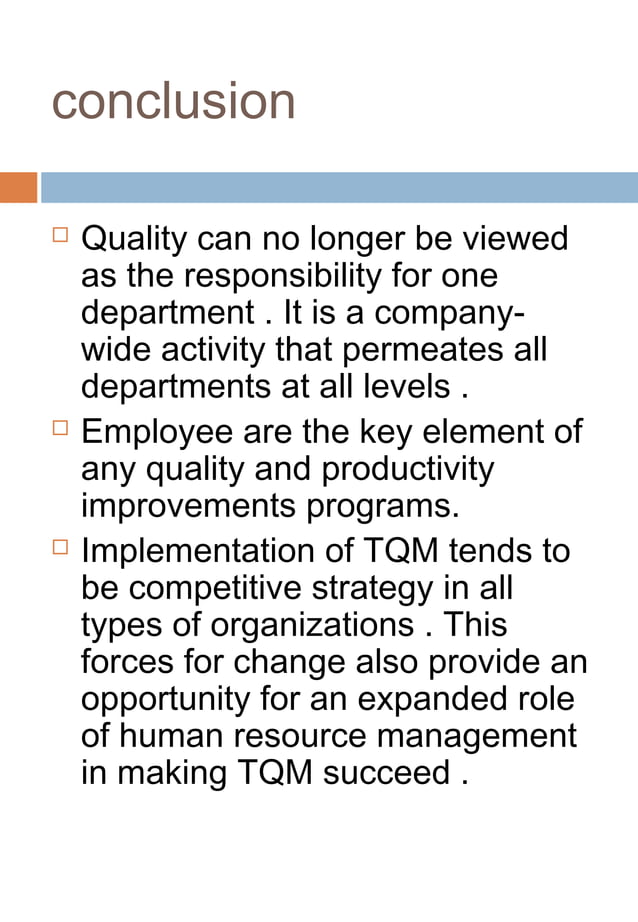The Critical Role Of Middle Management In Today's Workplace

Table of Contents
Middle Management's Bridge Between Leadership and Employees
Middle managers are the linchpin connecting senior leadership's strategic objectives with the day-to-day operations of teams and individual contributors. Their effectiveness directly influences employee morale, productivity, and the overall achievement of strategic goals.
Translating Strategic Goals into Actionable Plans
Middle managers are responsible for translating complex, high-level strategies into concrete, achievable plans for their teams. This involves:
- Breaking down complex organizational strategies: Deconstructing overarching goals into smaller, manageable tasks tailored to individual team capabilities.
- Developing and implementing detailed action plans: Creating timelines, assigning responsibilities, and setting clear milestones to track progress.
- Allocating resources effectively: Optimizing the use of personnel, budget, and technology to maximize efficiency and project success. This includes understanding and managing competing demands for resources.
- Utilizing project management methodologies: Employing frameworks like Agile, Waterfall, or Scrum to manage projects, track progress, and ensure accountability. Choosing the right methodology for the specific project is key to successful execution.
Fostering Effective Communication and Collaboration
Open communication is paramount for a productive workplace. Middle management plays a vital role in ensuring information flows smoothly between senior leadership and front-line employees. This includes:
- Acting as a conduit for information: Relaying important updates, announcements, and changes in strategy from senior leadership to their teams.
- Promoting open dialogue and feedback: Creating a culture where employees feel comfortable sharing their ideas, concerns, and feedback. Regular team meetings and one-on-one check-ins are crucial here.
- Utilizing various communication tools and strategies: Leveraging email, instant messaging, project management software, and other tools to enhance communication efficiency. Understanding which tool is best suited for the message is crucial.
- Addressing employee concerns and escalating issues appropriately: Acting as a mediator and problem-solver, addressing team issues proactively and escalating complex problems to senior leadership when necessary.
The Importance of Mentorship and Talent Development in Middle Management
Effective middle managers are not just taskmasters; they are mentors and developers of talent. Their role in nurturing future leaders and building high-performing teams is crucial for long-term organizational success.
Developing Future Leaders
Middle management plays a pivotal role in identifying and developing the next generation of leaders within the organization. This involves:
- Identifying high-potential employees: Recognizing individuals with leadership qualities and providing them with opportunities for advancement.
- Mentoring and coaching team members: Providing guidance, support, and feedback to help employees improve their skills and performance. This includes providing constructive criticism and celebrating successes.
- Creating a culture of learning and continuous improvement: Encouraging employees to pursue professional development opportunities and embrace lifelong learning. Providing access to training and development resources is key.
- Providing regular feedback and performance reviews: Offering constructive feedback regularly and conducting thorough performance reviews to identify areas for improvement and recognize accomplishments.
Building High-Performing Teams
Building and maintaining a high-performing team is a core responsibility of middle management. This requires:
- Selecting and recruiting talented individuals: Identifying and hiring individuals whose skills and personalities align with team goals and company culture.
- Delegating tasks effectively: Assigning tasks based on individual strengths and capabilities, empowering employees to take ownership of their work.
- Promoting teamwork and collaboration: Fostering a collaborative environment where team members work together effectively to achieve shared objectives.
- Addressing conflicts and fostering a positive and productive work environment: Creating a supportive and inclusive work environment where employees feel valued and respected.
Overcoming Challenges Faced by Middle Management
Middle managers face numerous challenges in their roles. Successfully navigating these challenges is essential for their effectiveness and the overall success of the organization.
Navigating Conflicting Priorities
Middle managers often juggle competing demands from senior leadership and the needs of their teams. This requires excellent prioritization and time management skills. This includes:
- Balancing competing demands: Effectively managing multiple projects and deadlines while addressing employee needs and concerns.
- Prioritizing tasks effectively: Determining which tasks are most critical and allocating resources accordingly.
- Effectively managing competing demands on their time and resources: Utilizing time management techniques and delegation to optimize productivity.
Managing Change and Uncertainty
The business landscape is constantly evolving. Middle managers must be adaptable and resilient to effectively lead their teams through periods of change and uncertainty.
- Adapting to evolving organizational structures and priorities: Remaining flexible and adaptable to changes in company strategy and organizational structure.
- Leading teams through periods of change and uncertainty: Communicating effectively about changes and their impact on the team, providing support and guidance to ease the transition.
- Communicating effectively about changes and their impact on the team: Keeping employees informed and addressing their concerns to maintain morale and productivity.
Building Strong Relationships with Senior Leadership and Employees
Strong relationships are essential for effective middle management. Building trust and rapport with both senior leadership and team members is crucial for success.
- Developing trust and rapport: Building strong relationships based on mutual respect, open communication, and transparency.
- Effectively communicating upward and downward: Ensuring clear and consistent communication with both senior leadership and team members.
- Building strong collaborative relationships across departments: Working effectively with colleagues in other departments to achieve shared organizational goals.
Conclusion
Middle management is not merely a layer of hierarchy; it's a crucial engine driving organizational success. Effective middle managers translate strategic vision into actionable plans, mentor and develop talent, and navigate the complexities of the modern workplace. By addressing the challenges they face and investing in their development, organizations can unlock the full potential of their middle management and create a high-performing, engaged workforce. Investing in robust middle management training and development programs is vital for sustained organizational growth and achieving strategic goals. Don't underestimate the critical role of middle management in your organization – empower them to succeed and watch your business thrive.

Featured Posts
-
 Explorer La Loire A Velo 5 Circuits Dans Le Vignoble Nantais Et L Estuaire
May 21, 2025
Explorer La Loire A Velo 5 Circuits Dans Le Vignoble Nantais Et L Estuaire
May 21, 2025 -
 Od Reddita Do Velikog Platna Sydney Sweeney U Novoj Filmskoj Ulozi
May 21, 2025
Od Reddita Do Velikog Platna Sydney Sweeney U Novoj Filmskoj Ulozi
May 21, 2025 -
 Eksereynontas To Oropedio Evdomos Tin Protomagia Fysi Pezoporia Kai Xalarosi
May 21, 2025
Eksereynontas To Oropedio Evdomos Tin Protomagia Fysi Pezoporia Kai Xalarosi
May 21, 2025 -
 New Attempt To Break The Trans Australia Run Record
May 21, 2025
New Attempt To Break The Trans Australia Run Record
May 21, 2025 -
 Is The Trans Australia Run World Record About To Fall
May 21, 2025
Is The Trans Australia Run World Record About To Fall
May 21, 2025
